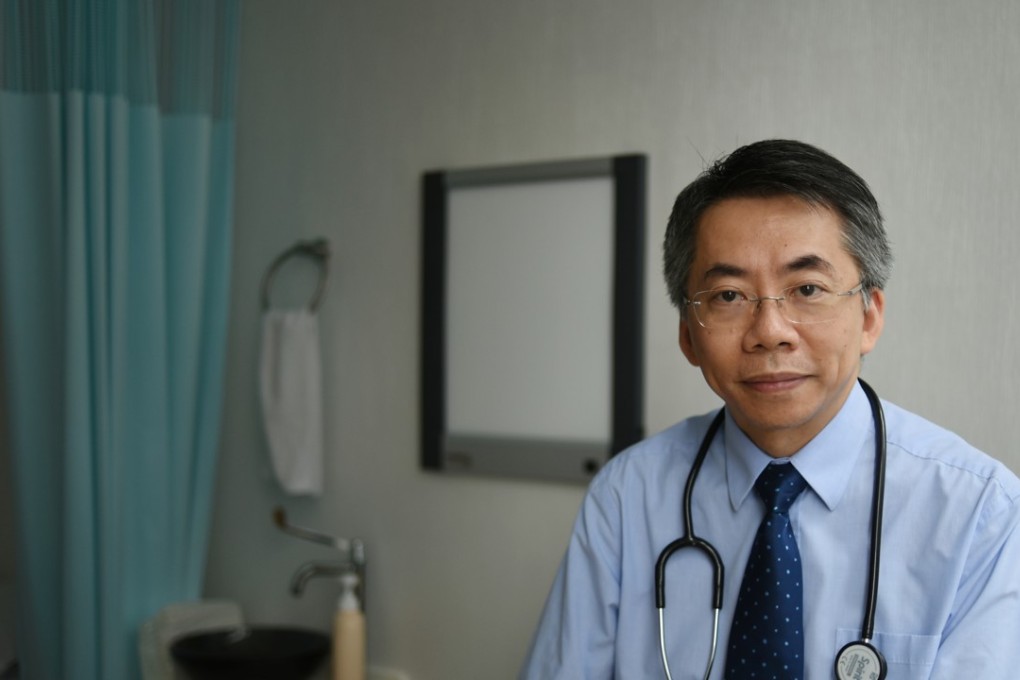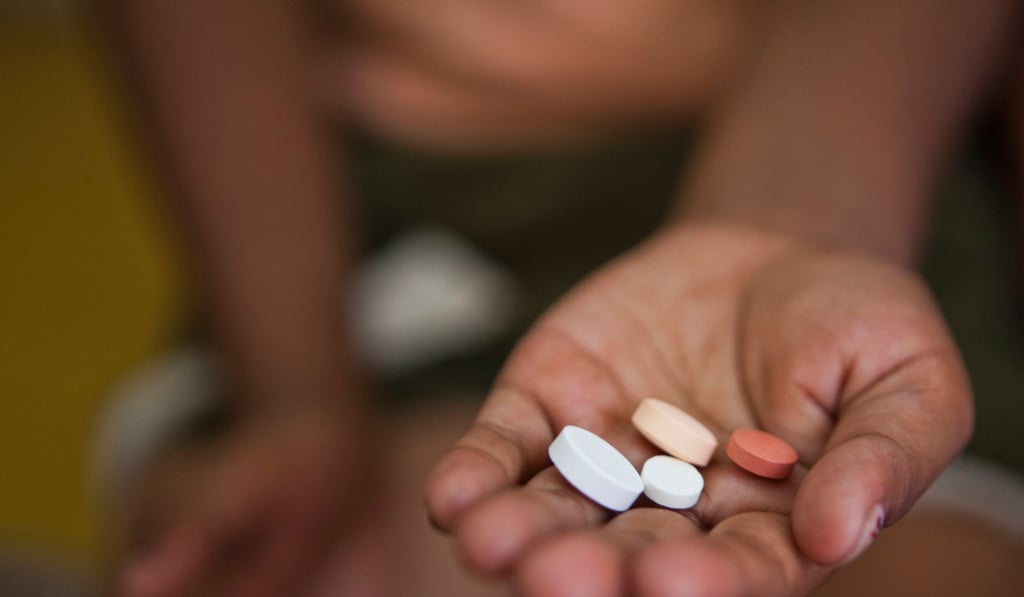Explainer: why superbugs in Hong Kong are a concern and what’s to be done about them

Extra efforts have been taken in Hong Kong’s fight against superbugs by local health authorities during World Antibiotic Awareness Week, which runs till Sunday. On Monday, the city’s Centre for Health Protection for the first time issued a set of guidelines for family doctors on proper use of antibiotics for certain common infections. The guidelines recommended types of antibiotics, dosage amounts and prescription duration. Dr Angus Chan Ming-wai, chairman of the centre’s advisory group on the matter, hoped medical workers could make inroads in reducing abuse of antibiotics and thus lower the chance of drug resistance.

Why are superbugs a concern?
Superbugs are the name given to bacteria that are resistant to several types of antibiotics. The World Health Organisation (WHO) describes antimicrobial resistance – an umbrella term referring to microorganisms such as bacteria and viruses being resistant to medication – as an “increasingly serious threat” to global public health. It could be more difficult for doctors to treat people carrying superbugs with existing antibiotics. Treatment failure is more likely, and treatment costs could be more expensive. Antimicrobial resistance also lengthens one’s hospital stay.
Drug guidelines ‘useless’ without tracking how Hong Kong family doctors prescribe antibiotics
Resistance to antibiotics happens when there is an overreliance on medication against bacteria.